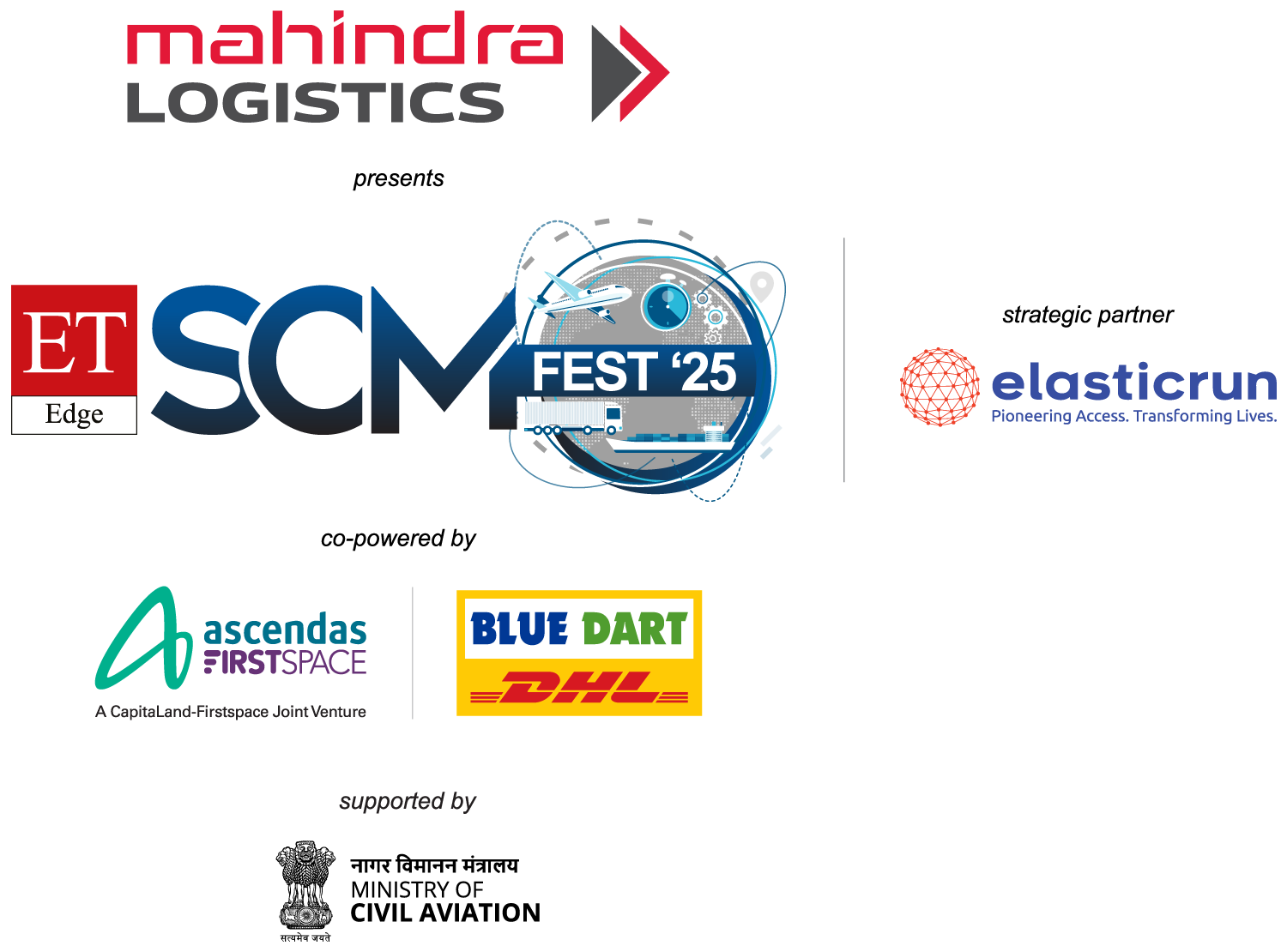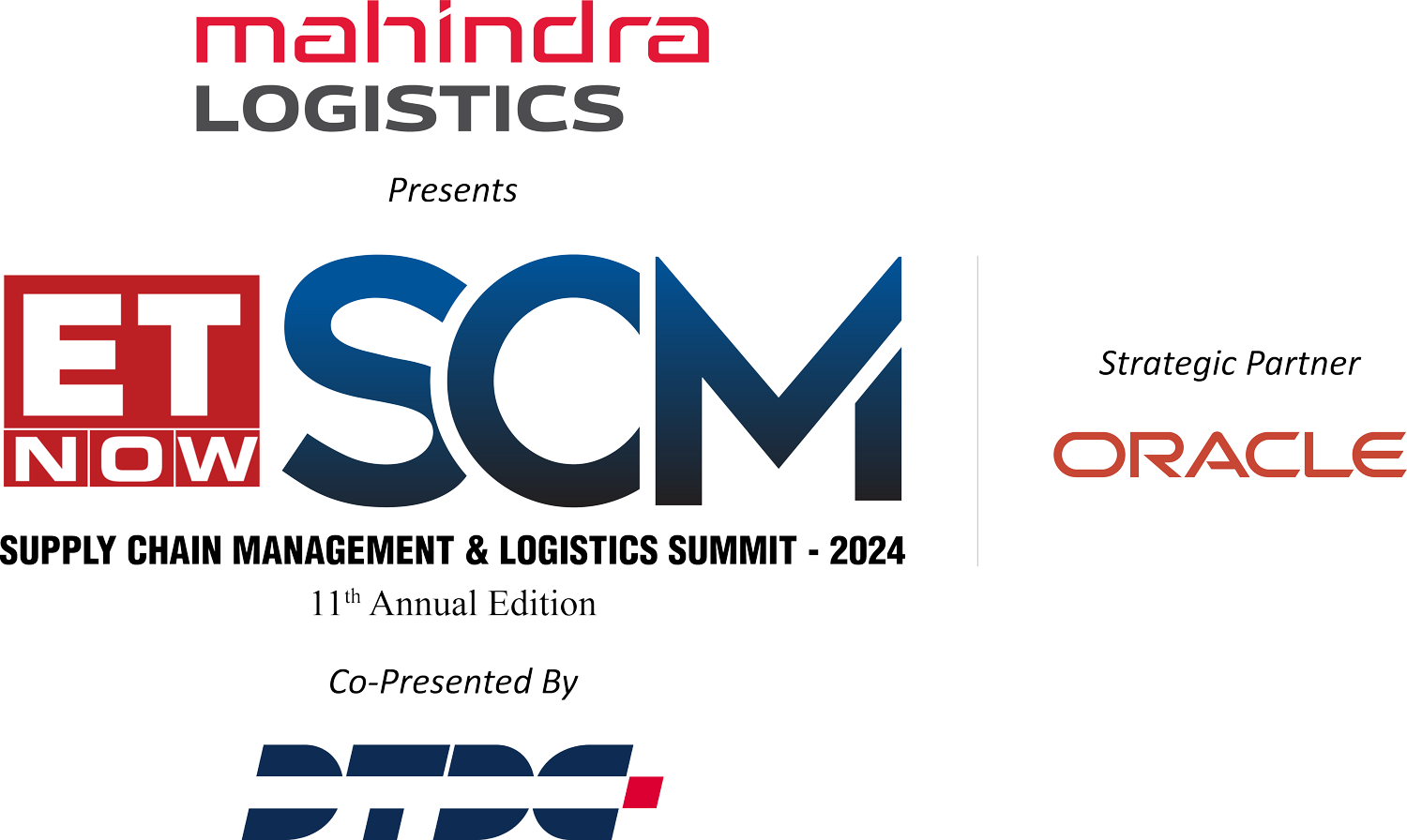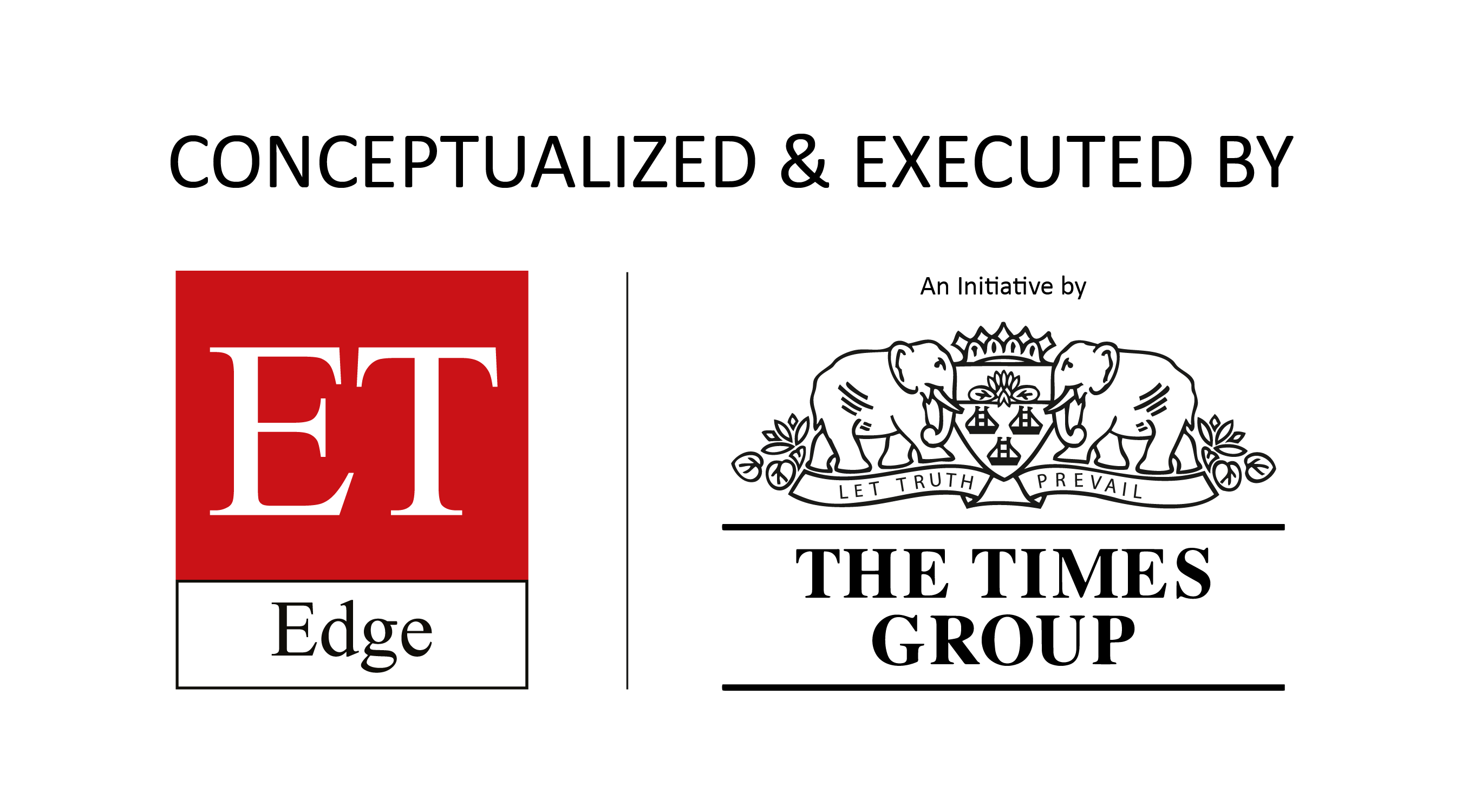Article
- Home
- Article

- scmcp2025
- 0 Comments
Charting My Path in Supply Chain: Experiences and Insights!
Written By: Rajesh Nigam, Former Executive Director Supply Chain, Indian Oil Corporation
With over 26 years of experience overseeing the Supply Chain of petroleum products nationwide since the deregulation initiated by the Government of India in 2004, leading Indian Oil Corporation into the ranks of the top 100 countries in the Forbes 500 companies for over five consecutive years marks a journey of progressive transformation and evolution.
This journey involved adapting to changing landscapes and embracing new-age technologies, transitioning from manual processes and Excel-based operations to a cutting-edge digitally transformed end-to-end visible smart supply chain. This evolution included the development of demand-to-supply optimization architecture, streamlined crude procurement processes meeting the time-period finished Petroleum products demand across the geographies with harmonized cross-functional decision-making across the verticals considering Corporate Profitability, Multimodal optimization Schedulers for Rail/ Pipeline/ Coastal Multi- Product transportation across the country, Smart Automated Terminal operations and rationalized demand based Distribution to over a million Marketing Touch Points across the Nation.
It fostered synchronized collaborations and exchanges not only among its own stakeholders across each link of the Supply Chain but with other Oil Marketing companies harnessing each other infrastructure capacities & capabilities in optimizing each’s logistics costs.
This journey has not only established Indian Oil Corporation as one of the most esteemed brands in the country as Energy of India but has also consistently bolstered its bottom line year after year.
The Supply chain is propelled with new age technologies and has been pivotal in shaping our sophisticated smart supply chain, which continues to evolve to align with our green initiatives towards the country’s Net Zero road map and global aspirations.
In my perspective, any product or service that is perishable or mobile in nature necessitates a supply chain, unlike stationary or non-moving items, and the above experiences applies to all such Supply Chain.
The success of a company’s products or services heavily depends on the competitiveness of its supply chain relative to its competitors. This highlights a straightforward but vital principle: the need to position your product in the market at the most competitive cost. Achieving this requires the ability to design an effective supply chain. It’s essential to remember that technologies, no matter how advanced, are merely enablers and decision-support tools. Ultimately, it is the core competencies and decision-making abilities of the people behind the supply chain that determine its success or failure, which in turn affects the company’s reputation and customer preference.
This also underscores the imperative for supply chains now to be designed in the present era by not only embracing new-age digital technologies but also by acknowledging our collective responsibility towards the environment and Mother Earth.
Developing a sustainable and green smart supply chain for our Products and Services is essential to meet the Government of India’s Net Zero target by 2070.
© Copyright 2025. All Rights Reserved.


